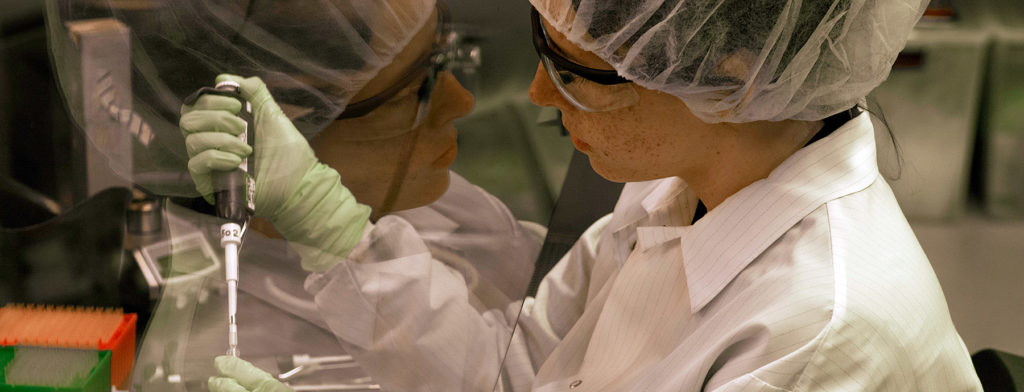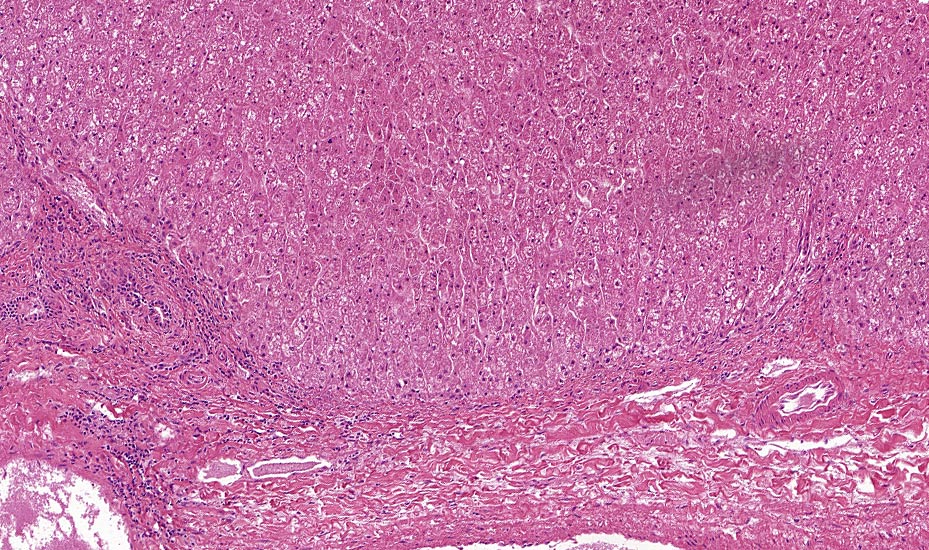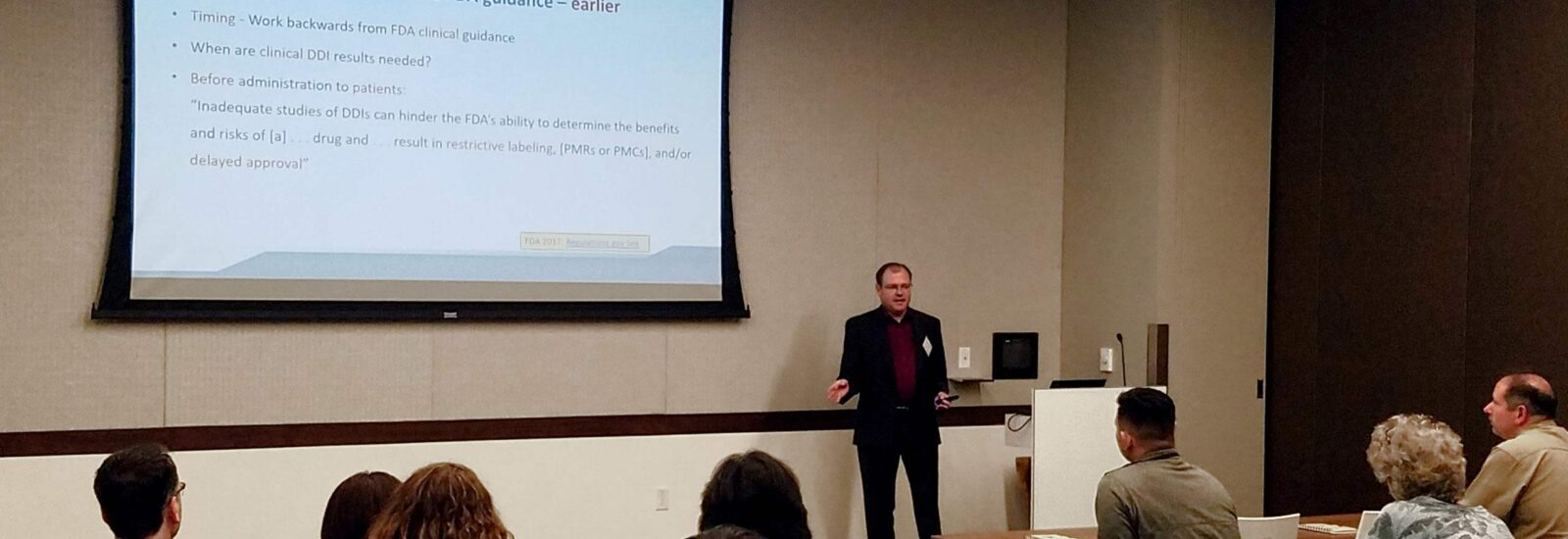ADME, toxicology, DMPK, and DDI in vitro studies are recommended by regulatory authorities worldwide to precede first in-human clinical trials or to supplement clinical metabolism or drug-drug interaction data. Cell-based assays can provide reliable prediction of a drug’s metabolism, pharmacokinetic properties, and potential for drug-drug interaction within a patient.

In Vitro ADMET / DDI / DMPK Studies in Drug Development
You can now request quotes for our research services on BioIVT.com!
Whether you need a single assay or a complete ADME program, BioIVT’s experts will help design and implement the appropriate studies for your drug and research objectives. View BioIVT’s comprehensive portfolio of ADME research services.
Our Approach to In Vitro Studies Evaluating ADMET / DMPK / DDI
We are the metabolism and DDI experts, trusted by 98% of top pharma for reliable, quality data from predictive DMPK assays.
Our scientists value speed, service, and superiority and take a thorough, consultative approach to all in vivo and in vitro studies. XenoTech was founded more than 25 years ago by a few scientists at the University of Kansas studying the intricacies of drug metabolism and our expertise has been growing ever since, into a comprehensive suite of nonclinical offerings to enable and support clinical development of new drugs. Together with the Drug Development Solutions Center, we can provide reliable, high-quality studies to help you meet regulatory expectations and understand your molecule.
The greatest strength of XenoTech is their reputation for quality, attention to detail, quality of reports. When it comes to DMPK running assays that are compliant, they have established a good reputation. When you want to make sure something is done right they are often the first one thought of. Initially we contracted with another vendor, but we got concerned about their quality and customer service, and then we came back to XenoTech.
Large Pharma Customer, Pharma Chief Development Officer
See More Customer Feedback

In Vitro Services for Preclinical Drug Development
Drug Metabolism
Drug metabolism studies profile metabolic pathways and likely metabolites formed by a compound, as well as identify drug-metabolizing enzymes involved in biotransformation.
Enzyme Inhibition
Enzyme inhibition studies evaluate a compound’s inhibitory effect on drug-metabolizing enzymes to predict potential for drug-drug interactions that may increase toxicity or reduce therapeutic effect of concomitant medications.
Enzyme Induction
Enzyme induction studies include in vitro and ex vivo experiments to predict a compound’s likelihood to increase clearance of a concomitant victim drug by up-regulating (inducing) enzymes that metabolize it.
Drug Transport
Drug transport studies use regulatory agency-compliant test systems to investigate a compound’s potential to operate as a substrate or inhibitor of known uptake (SLC) and efflux (ABC) transporters, potentially precipitating a drug-drug interaction.
Plasma Protein Binding
Plasma Protein Binding (PPB) determines free drug concentration (fraction unbound, fu) in plasma, which is required to inform dosage considerations for the clinic and is a necessary input for several PK-related calculations, modeling, and definitive in vitro study design.
Red Blood Cell (RBC) Partitioning
Some drugs have a tendency to bind to red blood cells or become sequestered through passive diffusion into the cells. As part of our comprehensive ADME service offerings, we offer an in vitro Red Blood Cell (RBC) Partitioning study to determine your drug’s blood to plasma ratio.
Lysosomal Trapping
Lysosomal trapping is a physicochemical (non-enzymatic and non-transporter mediated) process by which membrane-bound organelles within hepatocytes can sequester lipophilic amine drugs, potentially limiting clearance and reducing therapeutic effect. We offer mechanistic determination assays to predict propensity for trapping.
Pharmacology & Receptor Binding
Pharmacology & Receptor Binding Services include RadioReceptor Binding and a panel of over 230 validated in vitro pharmacological assays covering a broad range of targets including receptors, transporters, enzymes, ion channels and second messengers to assess pharmacological safety parameters for small molecule drugs.
Hepatotoxicity
Hepatotoxicity evaluation services help sponsors in Drug Discovery & Development to investigate drug candidates for characteristics associated with risk of drug induced liver injury (DILI). Through the Drug Development Solutions Center, we offer Cholestatic DILI assessments, Mitochondrial Toxicity, Covalent Binding, Reactive Metabolite Identification, and Acyl Glucuronide Formation studies. These assays can contribute to a comprehensive DILI risk profile.
Dose Solution Analysis
For GLP (Good Laboratory Practices) studies, solutions containing specific concentrations of the drug molecule applied to the test system need to be analyzed for accurate and precise measurement of the drug compound. Our analytical services department can develop methods for accurate and precise quantification in compliance with regulatory requirements.

